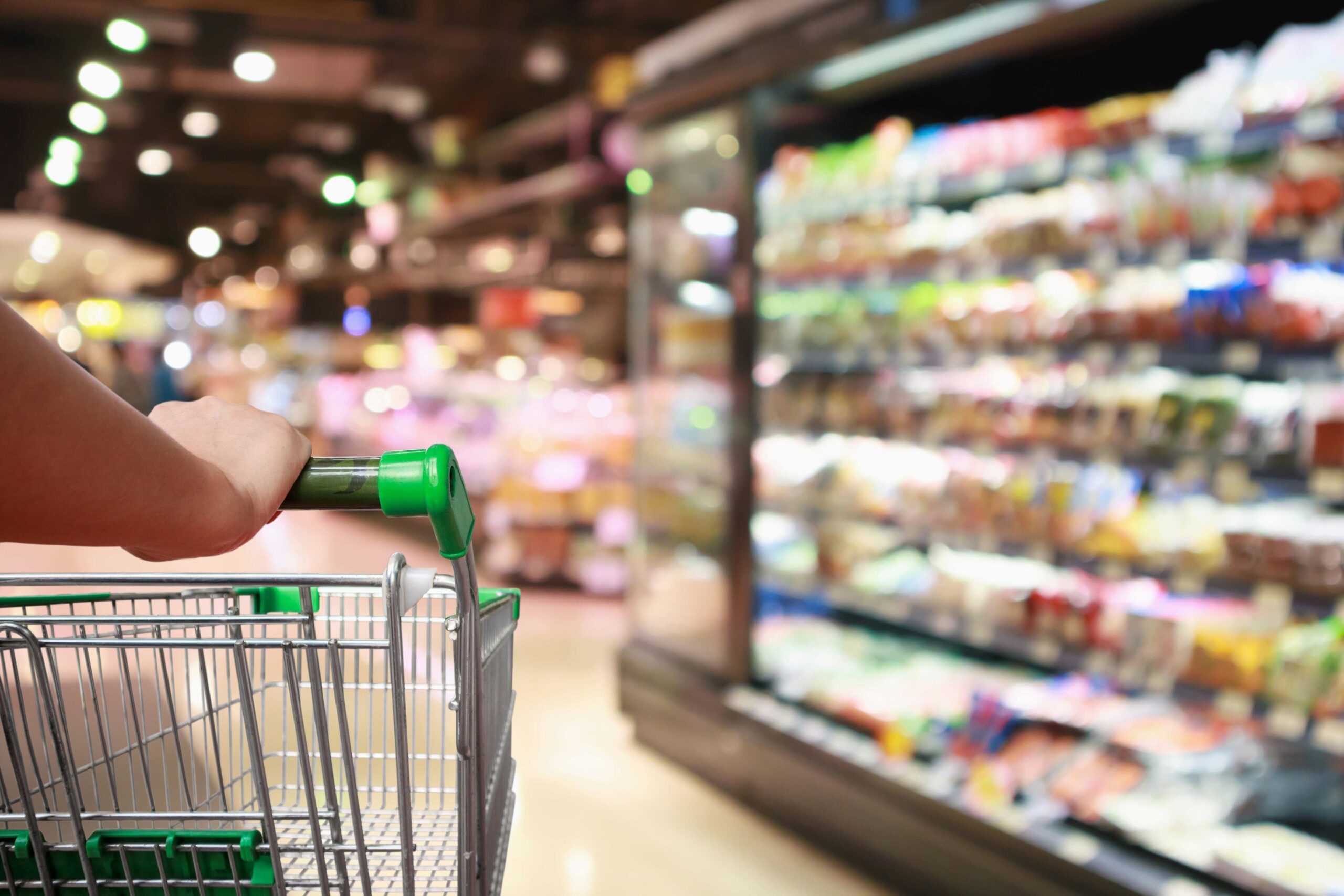Author: Angus McLachlan | Posted On: 29 Oct 2024
Australian consumers are at a crossroads. With heightened awareness of health, sustainability, and ethical sourcing, they’re demanding more from their food and beverage choices than ever before. Recent data from Fifth Quadrant’s Consumer Tracker, shows that one in five Australians actively track their caloric intake, whilst half express serious concerns about climate change and environmental sustainability.
The trust factor in food labelling
This shift in consumer consciousness has placed unprecedented scrutiny on food labelling and transparency. According to Food Standard Australia New Zealand, whilst 67% of consumers generally trust food labelling, there’s a notable disparity in credibility across different label elements:
- Back-of-pack labelling enjoys high trust (70%)
- Front-of-pack claims face significant scepticism, with only 40% consumer trust
- The rise of “greenwashing” and “healthwashing” has made consumers increasingly vigilant about health claims and eco-friendly packaging

the convenience revolution
Despite this growing consciousness, modern lifestyles present a significant challenge: time poverty. This has driven the rise of two key market segments:
- Ready-to-eat meals: Pre-cooked, portion-controlled options promising both health and convenience
- Subscription-based meal delivery: Fresh ingredients with recipes, bridging the gap between home cooking and convenience
The ready-to-eat meal sector particularly demonstrates this trend, projecting a 4.81% annual growth rate over the next five years.
addressing the food waste crisis
These contemporary food solutions may offer an unexpected environmental benefit. With global food waste reaching 1.3 billion tonnes annually and costing the Australian economy $36.6 billion, portion control becomes crucial:
- 50% of restaurant diners leave food due to excessive portions
- Hello Fresh users report 21% less food waste compared to traditional grocery shopping
- Pre-portioned meals help consumers better manage their food consumption
the trust shift: supermarket v direct suppliers
Recent developments are impacting the retail landscape:
- Major supermarkets face scrutiny over supplier relationships and pricing practices
- Coles has fallen from being the 5th most trusted brand to the 9th most distrusted in just 12 months
- Alternative providers like Good & Fugly, Our Cow, and Box Divvy are gaining traction by offering direct supplier connections
strategic implications for FMCG businesses
To thrive in this evolving marketplace, businesses should consider:
- Developing products that harmonise convenience, health, and sustainability
- Ensuring transparent sourcing and accurate labelling
- Local sourcing and direct-to-consumer models
- Investing in eco-friendly packaging solutions
- Building authentic relationships with consumers through honest marketing practices
The future of FMCG lies not in choosing between convenience and conscience, but in innovative solutions that satisfy both demands. Companies that successfully navigate this balance whilst maintaining transparency will build lasting consumer trust and sustainable growth.
At Fifth Quadrant, we analyse emerging trends and shifts in consumer preferences, to help brands craft strategies that resonate with today’s consumers and anticipate tomorrow’s needs.
If you’re interested in exploring our latest insights or discussing how we can support your brand with cutting-edge research, please get in touch.
Posted in Uncategorized, Consumer & Retail

